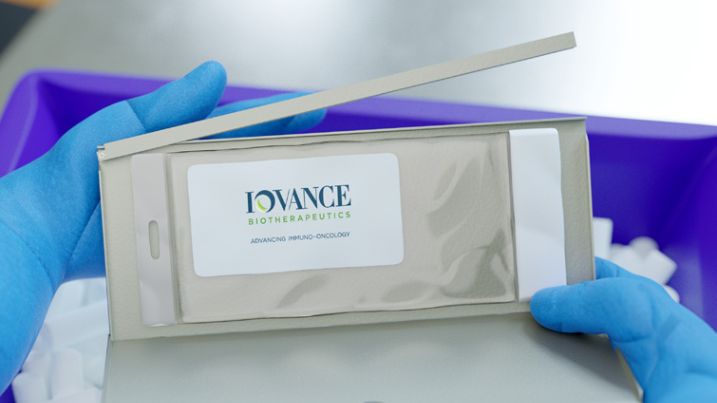Allegheny Health Network’s media relations team is dedicated to providing reporters and other members of the news media with the assistance they need.

AHN Cancer Institute Becomes the First in Western Pennsylvania to Offer Groundbreaking Treatment for Metastatic Melanoma
Allegheny Health Network (AHN) Cancer Institute has become the first health care system in Western Pennsylvania to offer a first-of-its-kind cellular therapy recently approved by the U.S. Food and Drug Administration to treat metastatic melanoma.
Amtagvi provides new hope for adult patients with hard-to-treat melanoma. This includes patients who haven’t had success with other medications, have skin cancer that can’t be removed through surgery (unresectable), or have skin cancer that has spread throughout the body (metastatic).
The one-time treatment, made by Iovance Biotherapeutics, is the first FDA-approved T-cell therapy for solid tumors. The therapy was approved by the FDA on Feb. 16.
Amtagvi works by using the patient’s immune cells to fight the cancer. Doctors first remove part of the tumor and use that to isolate and grow immune cells in the lab. Once enough immune cells are accumulated, doctors infuse them back into the patient intravenously where they then can overwhelm and eradicate the cancer.
“Results from the clinical trials of Amtagvi show that this cellular therapy can work for years to prevent tumor progression,” said Yazan Samhouri, M.D., the lead physician of AHN’s cellular therapy program. “It’s exciting to see how successful the responses were to this treatment, and we’re looking forward to making it available to patients who are eligible across the region.”
The American Cancer Society estimates that over 100,000 new melanomas will be diagnosed in 2024, and approximately 8,200 people are expected to die from the disease. While less common than carcinomas, melanoma – typically caused by exposure to sunlight or ultraviolet light – is the most serious type of skin cancer because of its tendency to spread.
According to the National Library of Medicine, a portion of patients with melanoma have metastatic disease at the time of their diagnosis or develop metastasis at a later stage of their disease. The most common sites of metastasis are skin and subcutaneous tissue, followed by lungs, liver, bones, and brain. The five-year survival rate for metastatic melanoma is estimated to be 10 percent.
“As cancer diagnoses continue to grow regionally and across the country, it’s vital that our treatment options continue to evolve and advance as well,” said David Bartlett, M.D., chair of the AHN Cancer Institute. “These novel cellular therapies provide great promise for not just melanoma, but for many other hard-to-treat cancers. And they are further examples of the advanced capabilities and leading clinical expertise that we are proud to offer to patients who receive a cancer diagnosis.”
The AHN Cancer Institute is a regional leader in skin cancer care, including its recently opened, comprehensive Skin Cancer Center at West Penn Hospital, led by Howard Edington, M.D. The state-of-the-art facility provides patients with access to all the resources they need and is also home to one of just a handful of VECTRA WB360 devices in the country, a full-body 3D imaging system that provides customized digital surveillance for skin abnormalities.
The new technology captures anatomical patient images using 92 high-definition cameras and special flash lighting, generating a single 3D avatar of the entire body. Digitized records of the patient’s skin allow clinicians to examine individual moles and lesions, and monitor changes in size, color, and shape over time by comparing subsequent VECTRA imaging to the baseline avatar.
The VECTRA WB360 at West Penn Hospital is one of 75 such devices in operation in the world.
Dr. Edington is also a pioneer in using oncolytic (cancer-killing) virus therapy to treat non-resectable melanomas. The oncolytic virus, called Imlygic or T-VEC, is injected directly into the tumor, where it works by replicating inside the cancer cells. It also works as an immunotherapy, promoting the body’s immune system to fight the cancer. AHN remains one of only a few providers in western Pennsylvania to offer this therapy to treat advanced melanoma.
To learn more about the AHN Cancer Institute, please visit https://www.ahn.org/services/cancer.

